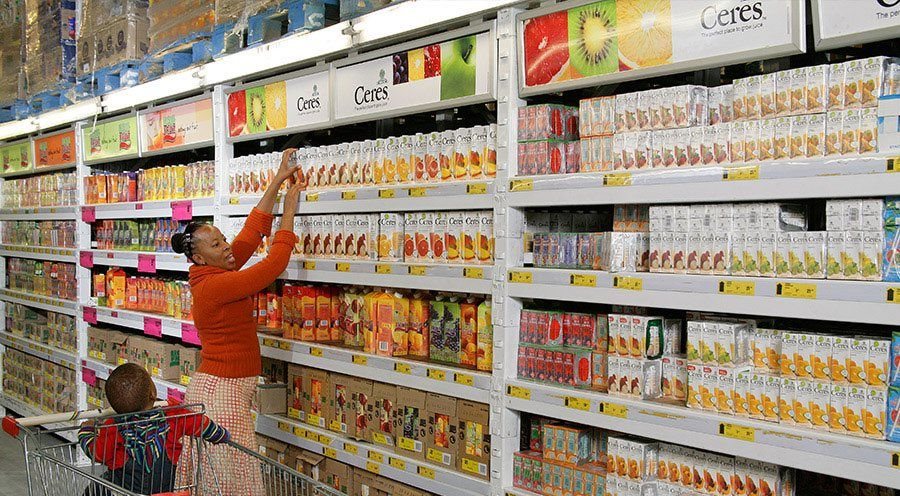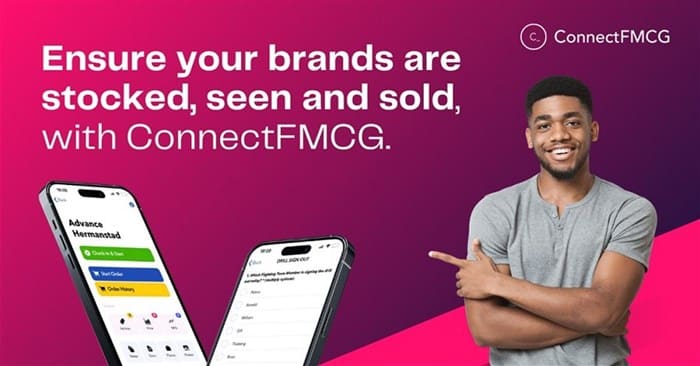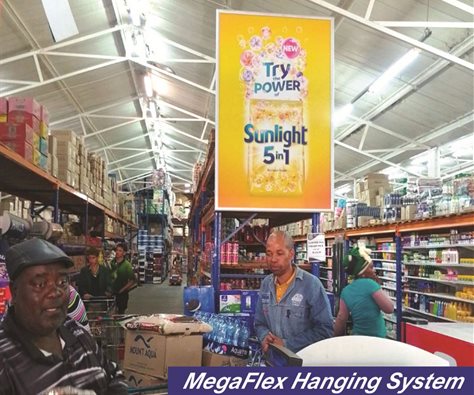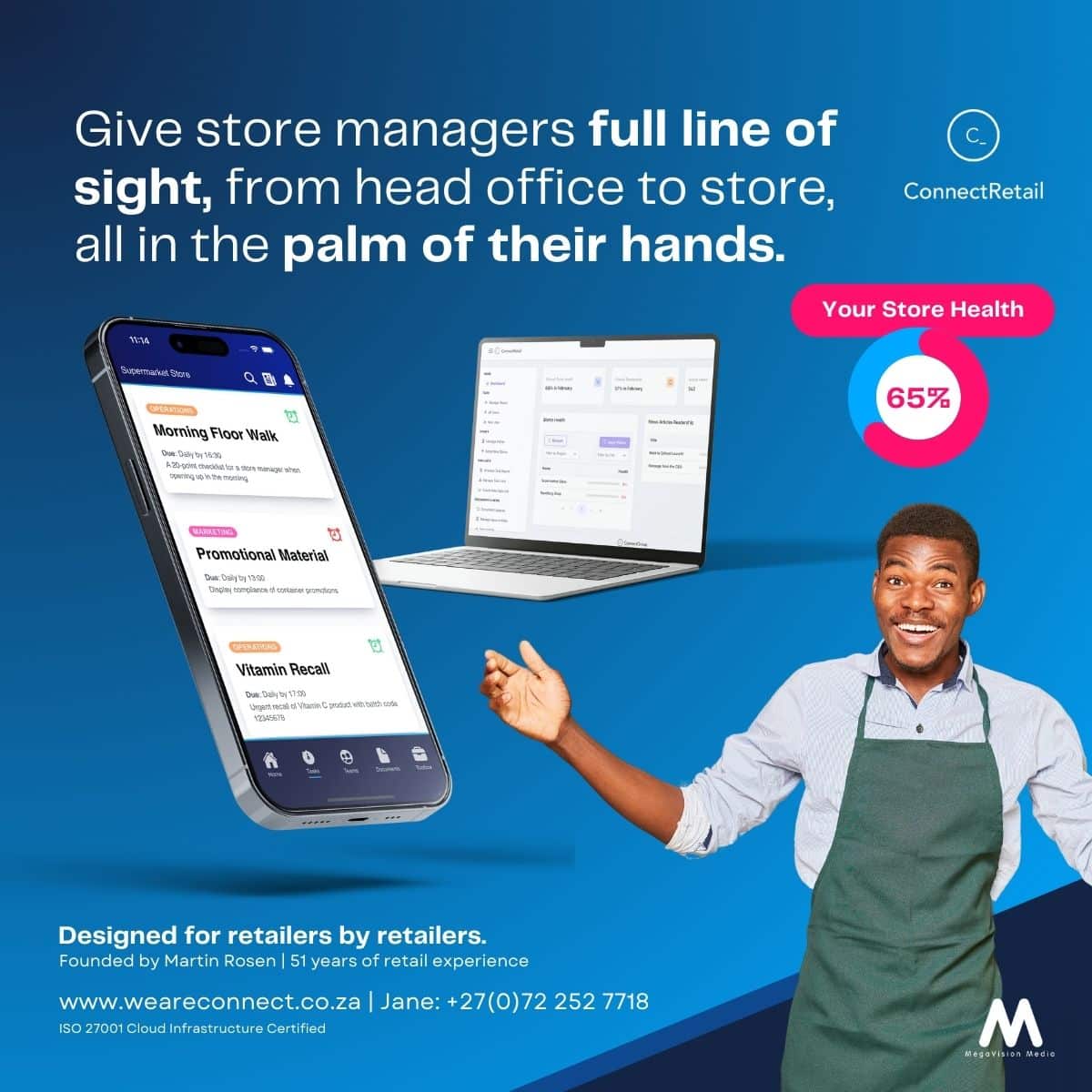With a significant number of the world’s population staying at home due to the Covid-19 pandemic, there is no doubt that the advertising industry has felt the pinch. South Africa has experienced very strong leadership during this crisis but the psychology of being in isolation is leaving people feeling trapped both mentally and physically. A trip to the grocery store or pharmacy is one of the few necessary ‘outings’ we are afforded. Whilst a visit to the shops may seem eerie and alien with people not looking at or speaking to each other, we believe that this is the precise opportunity for brands to jump in and bring much-needed comfort to the Covid-19 shopping experience.

With FMCG retail and pharmaceuticals being two sectors that have managed to operate, as usual, FMCG brands should be maintaining their presence at the store level through strong advertising and communication. Whilst most brand managers are focused solely on the supply chain and manufacturing challenges that are being faced, this article will look at three reasons why FMCG brands need to spend equal efforts in point of sale and in-store advertising.
1. Foot traffic declines, brand focus spikes
The increase in online shopping has seen a significant consumer behaviour shift globally. However, shoppers are still visiting supermarkets and informal traders are still buying stock from wholesalers. With single-minded shoppers focused on filling their trolley as quickly as possible with minimal human interaction, the relationship between the shopper and the brand has never been more important. Unlike digital or social platforms, there is far less distraction in the retail environment and this is where brands need to be talking to their shoppers, be it offering price product promotions or offering empathetic messages of support.
2. Competing for consumer headspace has never been more critical
The supply chain has, for the most part, taken strain in its heroism to keep product manufactured and stock on-shelf. Both in a virtual shopping environment and a bricks and mortar one, stock management has never been more important. Many have found themselves frustrated with brands they love being out of stock and are left to make alternative purchasing decisions. With this shift of loyalty from old brands to new, there is a clear opportunity for smaller brands to beat their competitors through strong in-store branding efforts and on-shelf availability. An in-store promotional activity like dump bin or gondola end promotions needs to remain as part of the shopping experience in-store. This leads to the third and final point.
3. In-store promotions will drive sales, now more than ever
Whilst we cannot imagine what ‘normal’ life will look like after Covid-19, we do know that there is light at the end of the tunnel and brands need to devote as much attention to the short-term as they do the medium- and long-terms. Whilst instinct may be to cut advertising budgets, we advise brands to allocate an aggressive portion of the budget to in-store promotions that will encourage and reunite many lost shoppers in re-engaging with the brand. Together with empathy, support and education, promotions and special offers need to be driven aggressively throughout May, June and July in order for brands to affect their impact for when life does resume.
In conclusion, if brands cease marketing and advertising efforts in-store now, the physical disconnect between shoppers and brands will be exacerbated in the months to come. Brands have got to remain active in engaging with their customers at the point of sale and plan for the return to normality. There are advantages in this tremendous break in routine, both in life and in the shopping experience. Big and smaller brands need to maintain both visibility and availability in the short term and plan for how they can dominate their categories and improve market share in the medium to long term.
For more about MegaVision Media, click here.



